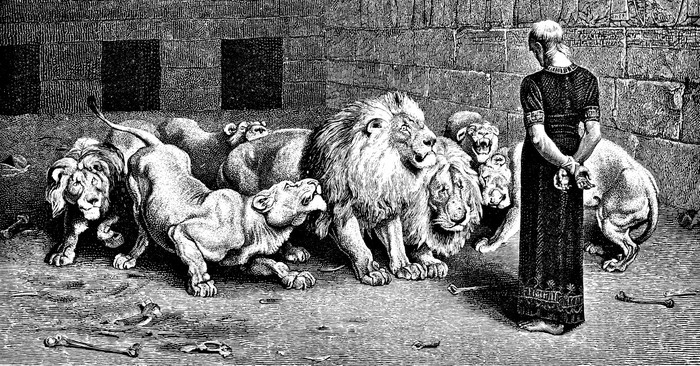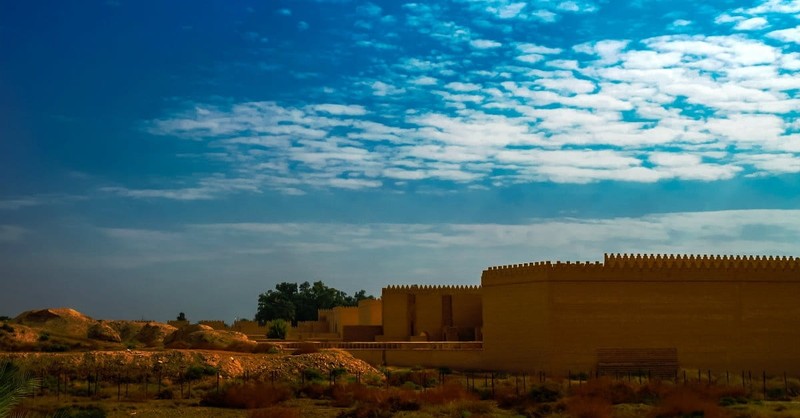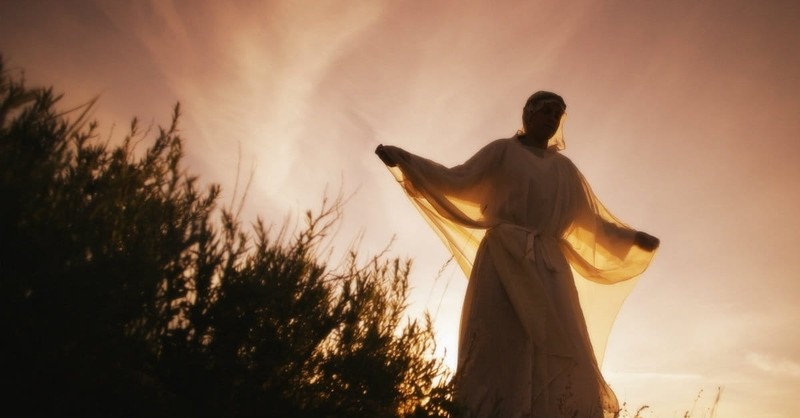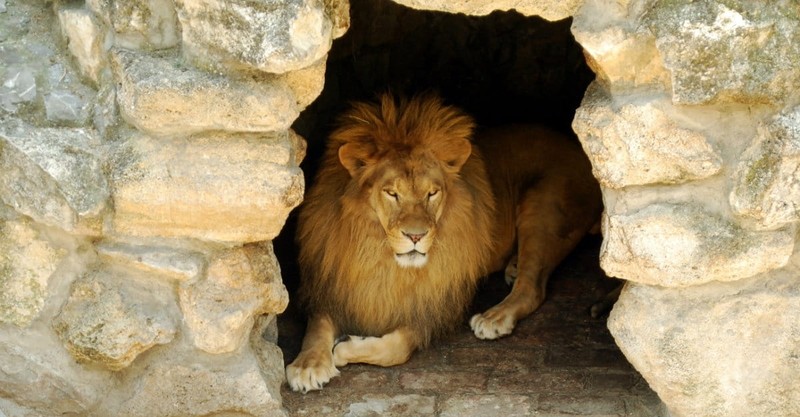
The story of Daniel in the lion’s den was one of the first stories I learned as a child. Right up there with Jonah and the whale and Noah and his ark, the story of Daniel’s brave refusal to stop praying to the God of Israel is cemented in my brain.
It wasn’t until much later, when I read the entire book of Daniel for the first time, that I encountered many other fascinating tidbits about this inspiring Old-Testament hero. Here are a few I find particularly interesting:
Lori Hatcher is a blogger, women’s ministry speaker, and author of the Christian Small Publisher’s 2016 Book of the Year, Hungry for God … Starving for Time, Five-Minute Devotions for Busy Women. A Toastmasters International contest-winning speaker, Lori’s goal is to help busy women connect with God in the craziness of everyday life. She especially loves small children, soft animals, and chocolate. You’ll find her pondering the marvelous and the mundane on her blog, Hungry for God. . . Starving for Time. Connect with her on Facebook, Twitter (@lorihatcher2) or Pinterest (Hungry for God).

1. Daniel was an expat.
Even though Daniel goes down in Jewish and Christian history books as one of Israel’s finest, he didn’t live in Israel for very long. Deported as a captive when Nebuchadnezzar conquered Jerusalem in 605 B.C., Daniel lived most of his life in Babylon.

2. Daniel had a bit of an identity crisis.
His Hebrew name, Daniel, means "God is Judge." Shortly after his arrival in Babylon, however, probably as part of the Babylonian’s attempt to brainwash the young exile, his name was changed to Belteshazzar, which means, "Bel’s prince." Bel was the ruling god of the Babylonian pantheon.

3. Daniel was a vegetarian teetotaler (Daniel 1:12).
Yup, long before tofu was trendy and Stevia reigned, Daniel and his friends shunned meat, sweets, and wine. Drafted along with other exiles of noble birth, Daniel was chosen for a three-year training course to prepare him to enter the king’s service. Part of his preparation involved eating the king’s delicacies. Daniel refused, probably because the meat and wine had been offered to idols and/or conflicted with Israel’s dietary laws.

4. Daniel was a skilled negotiator.
When ordered to eat foods that offended his conscience, he made a humble appeal to the steward in charge. When the steward rejected his appeal, Daniel made a counter-offer. “'Please test your servants for ten days: Give us nothing but vegetables to eat and water to drink. Then compare our appearance with that of the young men who eat the royal food, and treat your servants in accordance with what you see.’ At the end of the ten days they looked healthier and better nourished than any of the young men who ate the royal food. So the guard took away their choice food and the wine they were to drink and gave them vegetables instead” (Dan. 1:12-16). Score one for Daniel.

5. Daniel was an overachiever.
Forget the dean’s list and Who’s Who Among Israeli Exiles; Daniel and his friends, Shadrach, Meshach, and Abednego far surpassed their fellow students in a test given by King Nebuchadnezzar. “He found them ten times better than all the magicians and enchanters in his whole kingdom” in every matter of wisdom and understand about which he questioned them (Dan. 1:20).

6. Daniel was an honest politician.
After graduating with high honors, Daniel and his three friends were appointed by Nebuchadnezzar to government positions (Dan. 1:19). Daniel’s political career spanned more than 70 years during the reigns of several Babylonian and Persian kings.

7. Daniel was an oneirologist.
Oneirology, the study of dreams, became popular in the 17th century, but Daniel studied and interpreted dreams more than 500 years before Christ. Along with knowledge and skill in literature and wisdom, God had given Daniel the ability to unravel the mystery of dreams (Dan. 1:17).

8. Daniel was prone to fainting spells, breathlessness, and weakness.
Apparently receiving visions and revelation can be quite taxing. After receiving a vision describing future world governments, “Daniel, fainted and was sick for days,”(Dan. 8:17). A visit and a vision from the angel Gabriel had a similar effect on him: “I (Daniel) had no strength left, my face turned deathly pale, and I was helpless.”

9. Daniel was twice visited by God’s archangel.
Most commonly known as the angel who appeared to Mary in the New Testament to announce the coming Messiah, we first read about Gabriel in Daniel 8:16. His first recorded biblical assignment was to help Daniel interpret a puzzling vision.

10. Daniel was an octogenarian when he was thrown into the lion’s den.
The chronology of Daniel’s life shows that he had been a faithful government servant for more than 70 years. During a regime change, his exemplary resume caught the eye of the incoming King Darius, who appointed him as one of three national governors. His jealous colleagues decided to off the elder statesman, but because he was above reproach, failed to find any “charge or fault” against him (Dan. 6:4). Determined to bring about his demise, they crafted a plan for religious persecution, convinced the unwitting king to sign it, and targeted Daniel for execution while he prayed in his room. Instead of throwing Daniel a well-deserved retirement dinner, King Darius wound up throwing Daniel in as the lions’ dinner.
Lions notwithstanding, Daniel’s commitment to integrity, devotion to the Lord, and unwavering faith make him a biblical hero worth studying. The Old Testament counterpart to the apostle John, God calls both men “beloved.” Five centuries apart, they wrote parallel and complementary end times prophecies that give us fascinating and frightening glimpses into the future. Most important, however, a study of the book of Daniel gives us a powerful example for how to live righteously in a society that does not honor God. Only 12 chapters long, the book of Daniel is a must-read.
Content taken from 10 Things You Didn't Know about Daniel in the Bible, written by Lori Hatcher. To read the text version please click the link.
Images courtesy of: Thinkstockphotos.com and Pexels.com
Originally published Saturday, 19 September 2020.







